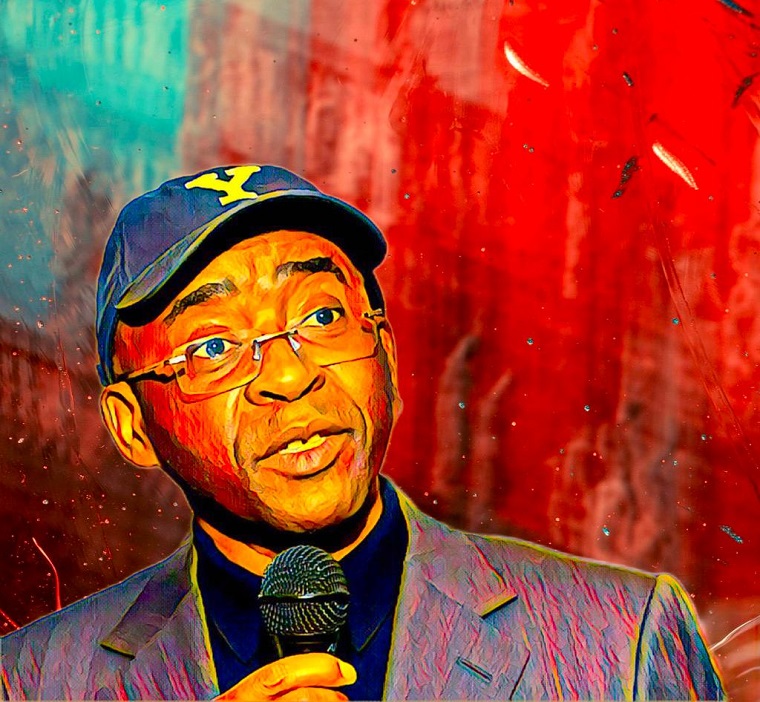 Four of the 23 African billionaires tracked by Billionaires.Africa are on track to end the year as multimillionaires rather than billionaires, as macroeconomic volatility, geopolitical tensions, and supply chain disruptions continue to impact both performance and valuation of their companies.
Four of the 23 African billionaires tracked by Billionaires.Africa are on track to end the year as multimillionaires rather than billionaires, as macroeconomic volatility, geopolitical tensions, and supply chain disruptions continue to impact both performance and valuation of their companies.
With the financial performance of some African companies under pressure, the decline in these companies’ valuations has caused the net worth of many African billionaires to drop significantly. This has increased pressure on the wealth figures of billionaires who were worth less than US$2 billion or US$1.5 billion at the start of the year.
Strive Masiyiwa, a leading billionaire who has seen his net worth decline from nearly US$3 billion at the start of the year to US$1.2 billion, is one of four billionaires on the verge of losing their billionaire status, despite having an exciting year with his appointment to the board of the Gates Foundation and the rollout of several data centres across Africa through Africa Data Centres.
While some of these African billionaires are presently worth only US$1 billion, others are worth nearly US$1.2 billion. However, the threat remains that if the market value of the companies they own continues to fall, these four billionaires could lose their billion-dollar net worth in the new year or before the year ends.
#1 Strive Masiyiwa
Net worth: US$1.2 billion
Nationality: Zimbabwean
Zimbabwe’s richest man Strive Masiyiwa, the world’s 2 257th wealthiest person and one of Africa’s richest businessmen, is one of the African billionaires on the verge of losing their billionaire status.
His net worth has dropped from US$2.7 billion at the start of the year to US$1.2 billion at the time of writing this report.
The decline in his net worth can be attributed to the performance of his stakes in Econet Wireless Zimbabwe, which he founded in 1998, and EcoCash Holdings, a diverse smart technology group that uses digital and financial technologies to create shared economies, drive financial inclusion and promote economic empowerment.
Continued next page
(232 VIEWS)

